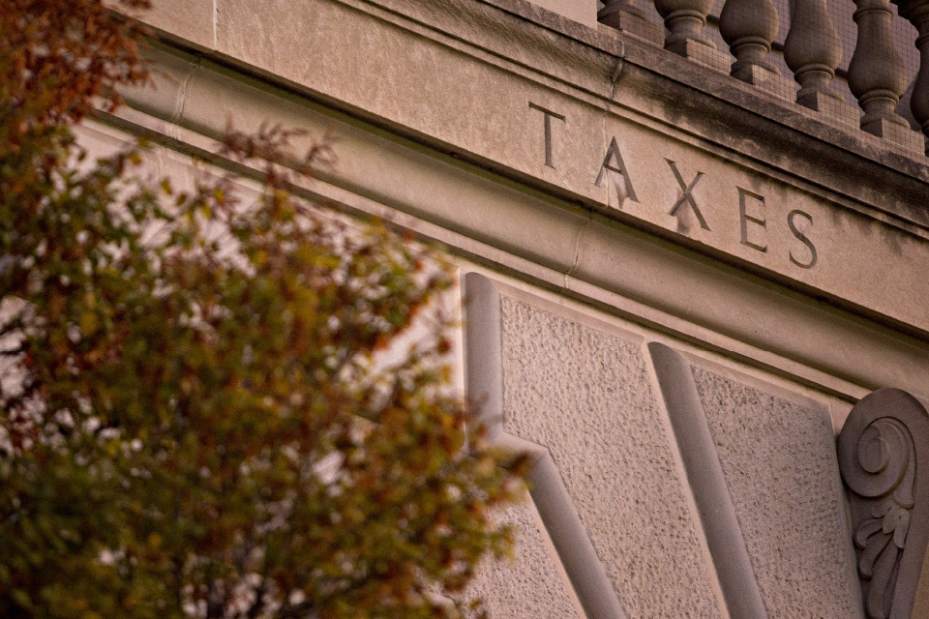Leo Phillips says winning millions overnight hasn't changed him, although it took time to get used to being rich.
Phillips, 40, of Hampton Township, Allegheny County, who won $8 million in the Pennsylvania Super 6 Lotto on March 29, 2000, has some advice for Scott and Marian Calligan, of Cranberry Township, Butler County, who claimed a $73.6 million Powerball prize Tuesday. Phillips' No. 1 tip: Retire.
"What he makes in earnings will just go to the government because of the higher tax bracket," Phillips said.
As winners of the biggest jackpot in Pennsylvania Lottery history, the Calligans have a lot to look forward to -- not all of it good, according to other lottery winners and an author who has studied the effects of sudden wealth.
Jessie O'Neill, author of "The Golden Ghetto: The Psychology of Affluence," said people in the Calligans' situation face many pitfalls.
"I think probably the biggest thing that happens is the change that takes place in relationships -- with other members of the family and close friends," O'Neill said. "There is a perceived change, a power shift that comes along with money. That's probably the biggest impact that happens to a lottery winner."
O'Neill said friends and relatives often look at lottery winners as their personal bank, and financial planners come out of the woodwork.
The Calligans took almost two weeks to claim their prize, keeping their good fortune a secret while they worked with a law firm and financial consultant. They have been unavailable for comment since a news conference Tuesday, when they said they planned to use a large chunk of their winnings to establish a family trust and a foundation for charitable giving. After taxes, the couple gets a lump sum payment of about $53.7 million.
Phillips said the Calligans probably will get plenty of unsolicited financial advice.
"You get a lot of people who know exactly what you need to do with your money. You get sick of hearing that," he said.
Phillips, a former respiratory therapist, said the Calligans received much more media attention than he did. The size of their jackpot and their wait to come forward built suspense. Also, Phillips happened to claim his prize on the day that Richard Baumhammers, of Mt. Lebanon, killed five people in a shooting spree.
"(The Calligans) are going to get pummeled by the media a lot more," he said. "You don't realize how irritating people get. It's amazing how much people expect from you."
Twila Shultz, of Bellefonte, in Centre County, said when she, her husband and two daughters won an $8.4 million Super 6 Jackpot in 2001, they were inundated with letters asking for help.
"We had problems of everybody wanting money," Shultz said. "One lady wanted money because her husband committed suicide.
"One even showed up at the door wanting to borrow $100,000. Boy, she is a pro. She even (brought) pictures of her husband's feet. She wanted the money for (surgery for) his feet."
The Shultzes, who are in their 70s, said it took at least six months for the hoopla to die down.
"We had so many phone calls and financial people coming at us, I wouldn't want to go through it again," she said.
O'Neill said some lottery winners must deal with depression, loss of motivation, alienation and marital problems.
"There are a lot of personal expectations that come with the myth of the American dream that money brings happiness," O'Neill said. "It's a myth that our culture has propagated, and they say, 'What's wrong with me that I can't be happy with this money?' After about six months of golf, people will say, 'Is this all there is?'"
The other half of the Powerball jackpot the Calligans won went to Bill and Claudia Walkenbach of Hermann, Mo. Tom Walkenbach, a first cousin of Bill Walkenbach, predicted that the Calligans have "a lot of BS" coming their way.
"Bill and Claudia have gotten lots of mail from people asking them to pay off their house before (the bank) forecloses. They've been getting a lot of finance companies asking them to bring their money to them. It's not all the hurrah. There are some pains that go with it," said Tom Walkenbach, also of Hermann.
O'Neill said lottery winners tend to face a lot of emotional stress from outsiders.
"They have to deal with a lot of envy and jealousy on the part of people who before they may have had a solid relationship with. If they leave their neighborhood and move up, they thrust themselves into a community where they don't know anyone and left behind the people they do know," she said.
O'Neill said studies have shown that after a year, a high percentage of lottery winners wished they hadn't won the big prize.
Phillips doesn't fall into that category, although he said, "It's hard to go from one amount of income to another."
For example, he found himself weighing how much he should spend on birthday and holiday gifts for relatives.
"You don't want to look cheap, but you don't want to look like you're constantly trying to impress people."
Phillips said when he first won, he paid off his brother's car and bought each of his two sisters a computer.
"My mom said, 'Make sure you tithe,'" Phillips said. "People always laugh at that."
Phillips made a donation to a community service organization called Focus on Renewal in McKees Rocks, where his cousin, a priest, works. He has funded scholarships at Carlow and Thiel colleges, where he got his undergraduate and master's degrees, respectively.
Phillips said he no longer uses his health services education to make a living, but he does teach classes in cardiopulmonary resuscitation and defibrillator training at a local hospital and continues to serve as a volunteer firefighter.
While the Calligans' finances changed dramatically, they don't have to change their lives dramatically, Phillips said.
"I shouldn't have to change my life all that much because I want to enjoy it."







